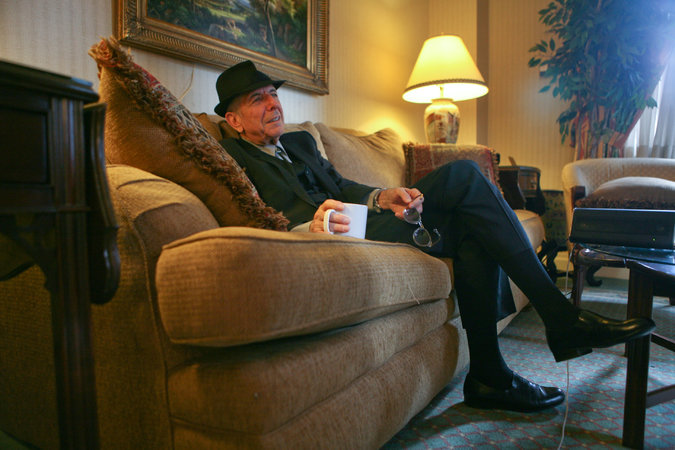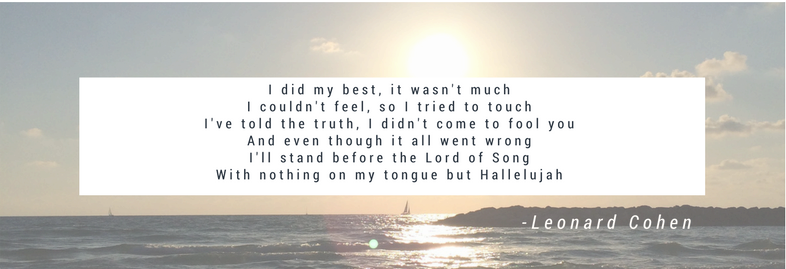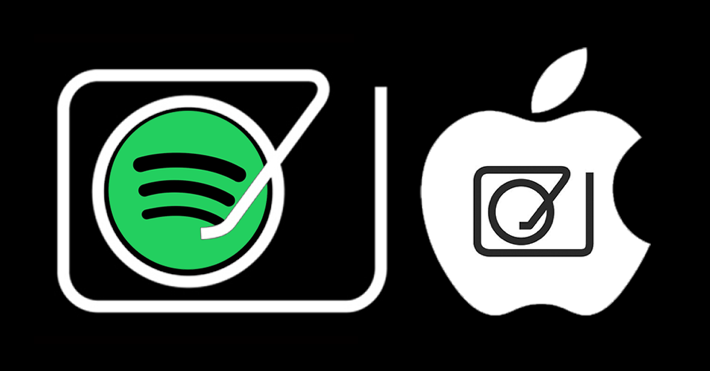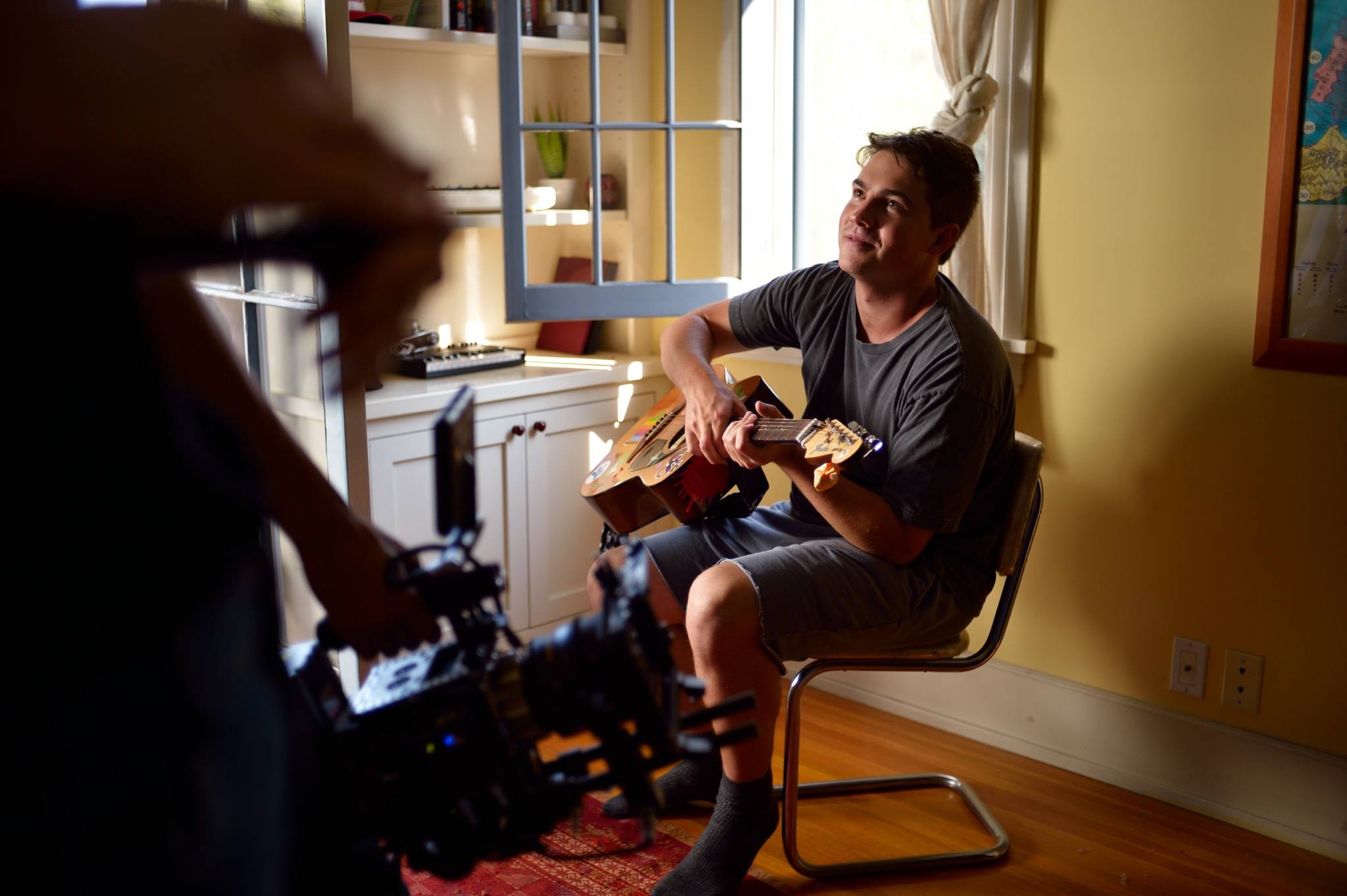When Leonard Cohen was 32 years old, he told his good friend, Adrienne Clarkson (the 26th Governor General of Canada) that poetry was, in many ways, analogous to polishing shoes. When she questioned his remark, he explained: “If you want people to have shiny shoes, you want to write those very good kinds of instructions.”
That phrasing — “very good kinds of instructions” — feels like an inadequate description of Cohen’s lifework. The Canadian-born, first-poet and second-musician was one of the greatest songwriters of our time, his only competition being with other greats like Dylan, Cash, and Williams. His songs were marvelously specific and contextual, yet always close enough to the imagination to be understandable. Cohen sang of long nights spent over red wine and cigarettes. He sang of his women lost and won, found in the misty halls of the Chelsea Hotel #2 or his moments spent next to the naked, the beautiful Suzanne. For all of the intertextuality that Cohen’s songs held, he never waned far from the truth that he understood. He was a famous lover of women who had a certain obsession with sexual love and the concurrent bodily pain of loneliness.
“Woman is the context of a man’s life. A man is the context of a woman’s life. That’s all we’re doing,” he told Clarkson in a 1989 interview. What love is, he continued, is the act of writing a song, endearment by endearment, touch by touch.
No one can try to discuss Cohen’s songwriting prowess without mentioning his most well-known and respected masterpiece, the song that almost killed him: Hallelujah. Leonard Cohen wrote about 80 drafts verse for the song. One writing session at the Royalton Hotel in New York is remembered, when the writing of the song reduced Cohen to his underwear, banging his head into the ground. The original version of the song, as recorded on his Various Positions album, mentions several more biblical references than the most famous versions of the song.
Malcolm Gladwell recently discussed the song’s rise to fame. On his podcast, Revisionist History, Gladwell walked listeners through the agonizingly long time it took for Hallelujah to reach even mild fame. After taking Cohen a total of five years to write the song, the record companies didn’t like it. In 1984, CBS Records passed on Cohen’s album with the original “Hallelujah.” “It barely makes a ripple,” says Gladwell. And it’s true: Cohen went back and made edits to the song. He cleaned up the first verses, made it longer and darker, and shipped it back to the record company. It was eventually recorded, but not until musician John Cale reproduced the song did it start to seep into popular culture.
Cale reexamined Hallelujah, as most musicians must when approaching the delicate creation of another artist. He brought a level of vocal somberness and deep sincerity that Leonard Cohen couldn’t. Following Cale, with an electric guitar this time, Jeff Buckley brought up the song to even greater, inexplicably famous heights. With Buckley’s weepy, heart-wrenching musing of the song, “Hallelujah” reached equilibrium in both of its expression: as a poem and as a song.
With age, Leonard Cohen’s voice became more and more of a gravelly baritone. With age, his musicality did not change. He played simple chords on an acoustic guitar or chords on some cheap piano. At some points, or at most points, Cohen was anything but prolific. He spent years struggling to write something with strength, though it was those songs who were quickly transformed into the most celebrated, most beloved songs he would create. Among his 14 studio albums, there aren’t meant gold-plated hits. But there are miles and miles of poetry, of misunderstanding and understanding, of sex and love and everything in between, with wine and cigarettes and the moments shared in between.




